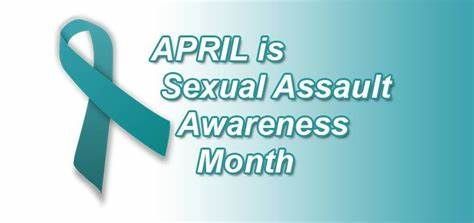Winter Turns into Spring - The Blog



Mental Health and Physical Exercises

The Mental Health Awareness Week' s theme was "Move for your mental health." Social media platforms were drowning in posts and reels from the all main mental health charities and fitness gurus/ influencers, sharing the benefits of physical exercises on our mental health. This theme didn't take into account the many complexities of mental illnesses/ distress.
Of course it is great these individuals are sharing their experiences of recovery through exercises (whether it is running, hiking, yoga, Pilates, and more) All voices and life journeys matter.
It isn't so great when the messages turn into unsolicited advices, with an undertone of shaming: " Are you feeling depressed? Just go for a run, it will clear your head" Another popular message is :" If you are serious about recovering from your depression/ anxiety, you will make the effort to go out!" It is constantly forgotten: what helps one person might not help another - not because they are lazy but, because they can't. The famous "If I can do it, so can you." isn't accurate.
For instance: my daughter can and do run. She really enjoys it. It helps helps mentally. Meditation or yoga wouldn't be great for her as she feels restless a lot. As for me, I was born with a Muscular Dystrophy (Myopathy) and can't run. Walking is also limited. I love meditation. It brings me so much joy and it is an integral part of my self care/ love routine.
It isn't so great when the advices and encouragement are oftentimes, out of touch with many individuals who are struggling with mental illnesses/ distress or physical illnesses, or both. The two are linked. The theme wasn't inclusive. Researches shows that children who experienced stress or trauma, have more chances to suffer with M.E, Fibromyalgia, Arthritis - most inflammatory illnesses, baffling so many doctors, are emotional heavy weights, hurting the body. The emotional and mental load of having to constantly think of our every steps and daily plans, to manage pain and discomfort, is tiring to bodies and minds.
Most importantly, yes, exercises can help but, they aren't the magic cure they are described to be. In terms of mental health support, the last thing people need is to feel is pressured. Their emotional and physical health needs and ability have to be taken into account. The focus needs to be on what brings joy to someone. Unfortunately, it is the very nature of depression of losing the ability to enjoy life as it is. Suggesting exercises to someone in despair, is dismissing (if not insulting) of their experiences and suffering.
10 years ago, after overdosing on meds and spending a night in A&E, I was referred to and visited by the Home Treatment Team (HTT) The following evening, after I shared what happened with the visiting HTT worker, He asked if I had tried going for run or a walk? I couldn't believe he was asking me such a silly question. He didn't know how many walks I had, on sunny days, and still wanted to die! Because a bit of fresh air isn't a cure for a survivor of severe childhood abuse, suffering with CPTDS.
Talking with friends, they pointed out that, when we feel low, a sunny day can makes us feel worst, feeling bad for not being able to enjoy is at all. It can make us feel like we'd rather hide indoors. This resonated with me and I am sure it will for many.
What to do then, when someone you care about is in so much emotional/physical pain.it is robbing them of joy and of energy? Nothing. Oftentimes the best thing we can do is to sit and stay still with this person. It is to give them a loving, safe place and to offer an equally loving and supportive connection, where they can just BE.
Do what you can. Take gentle care of yourselves.
Sylvie
My book: The Blossoming Lotus



